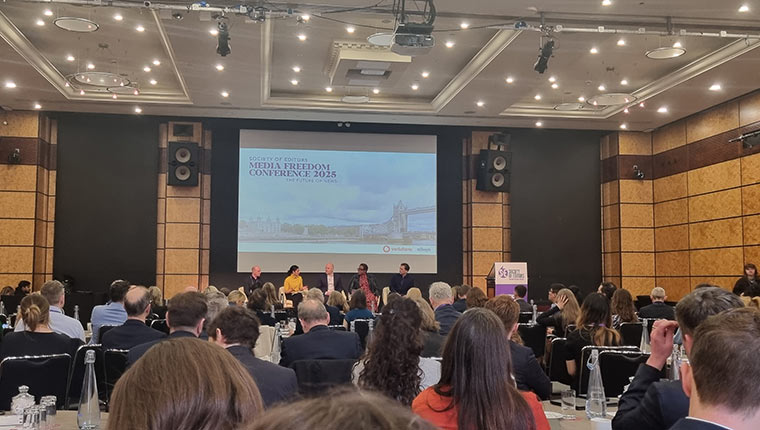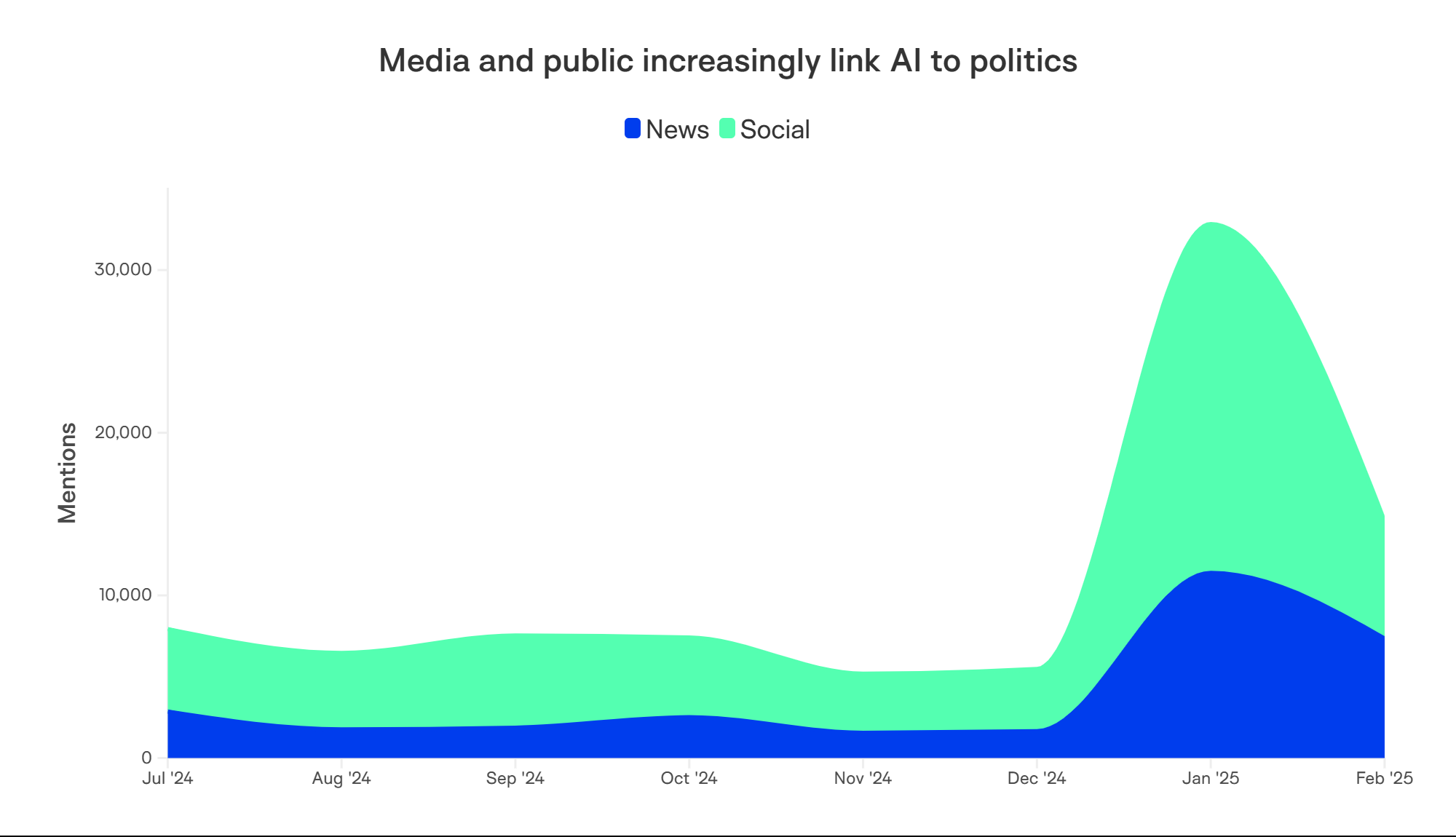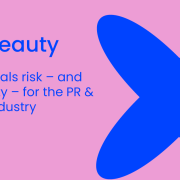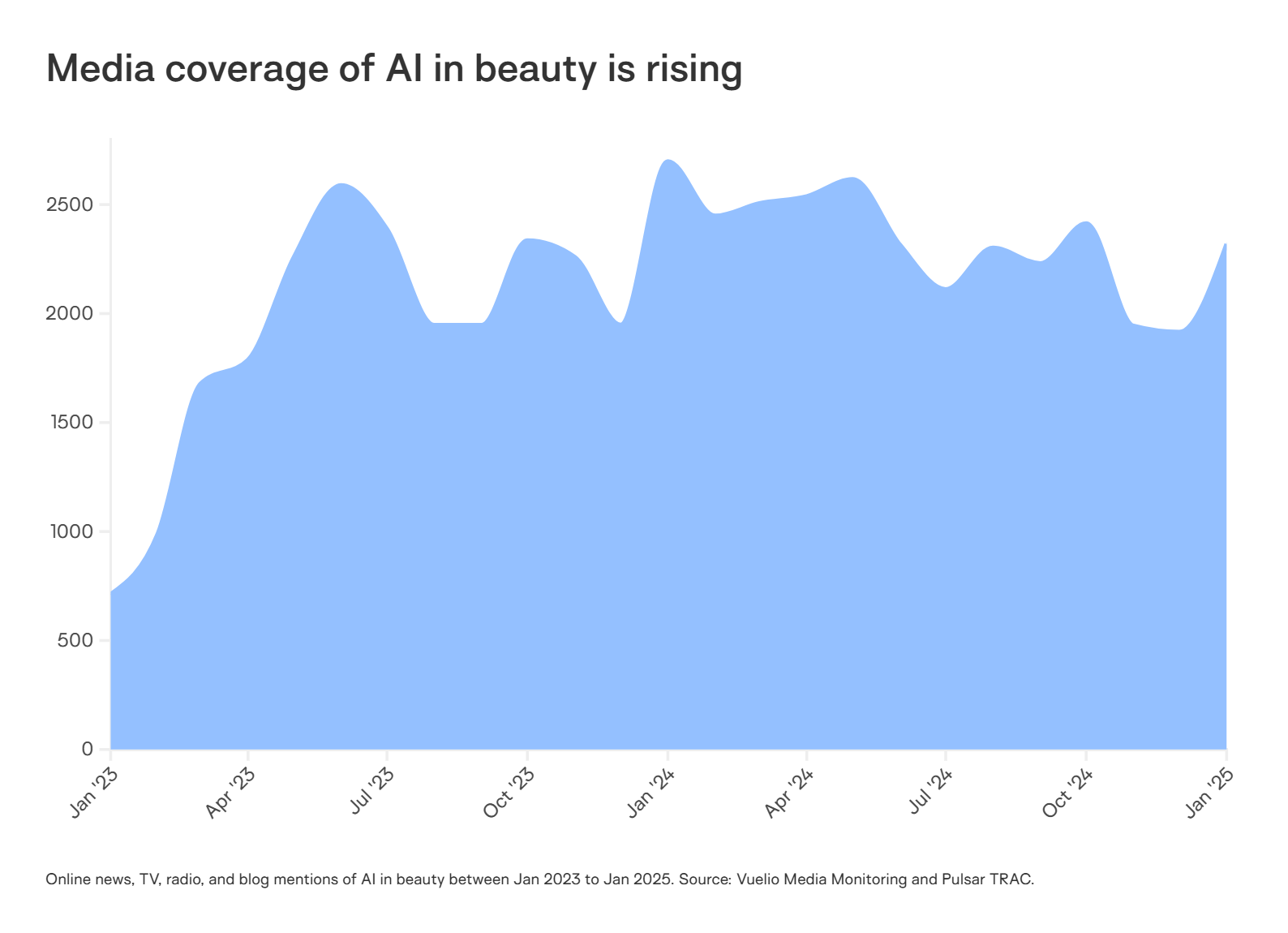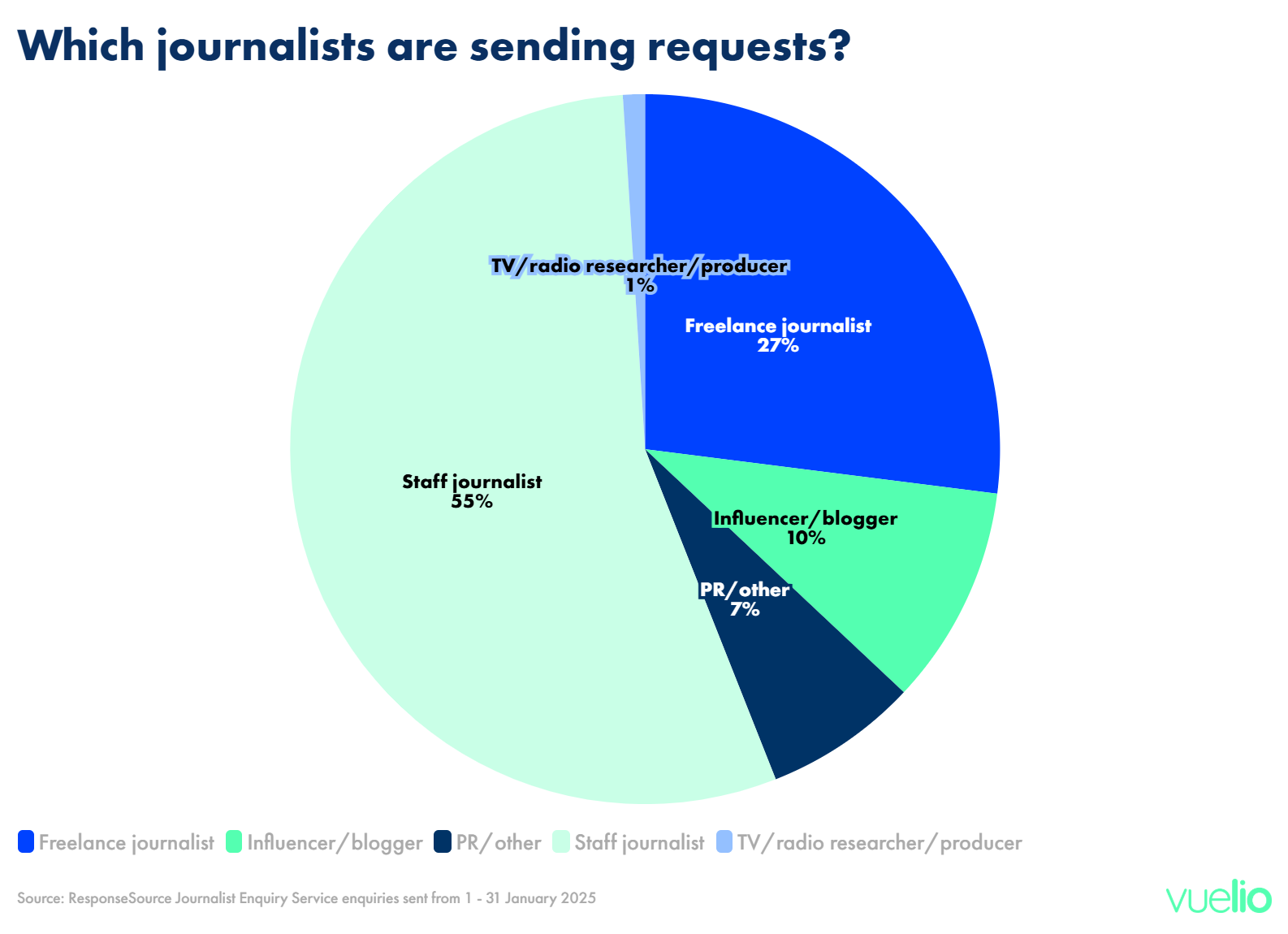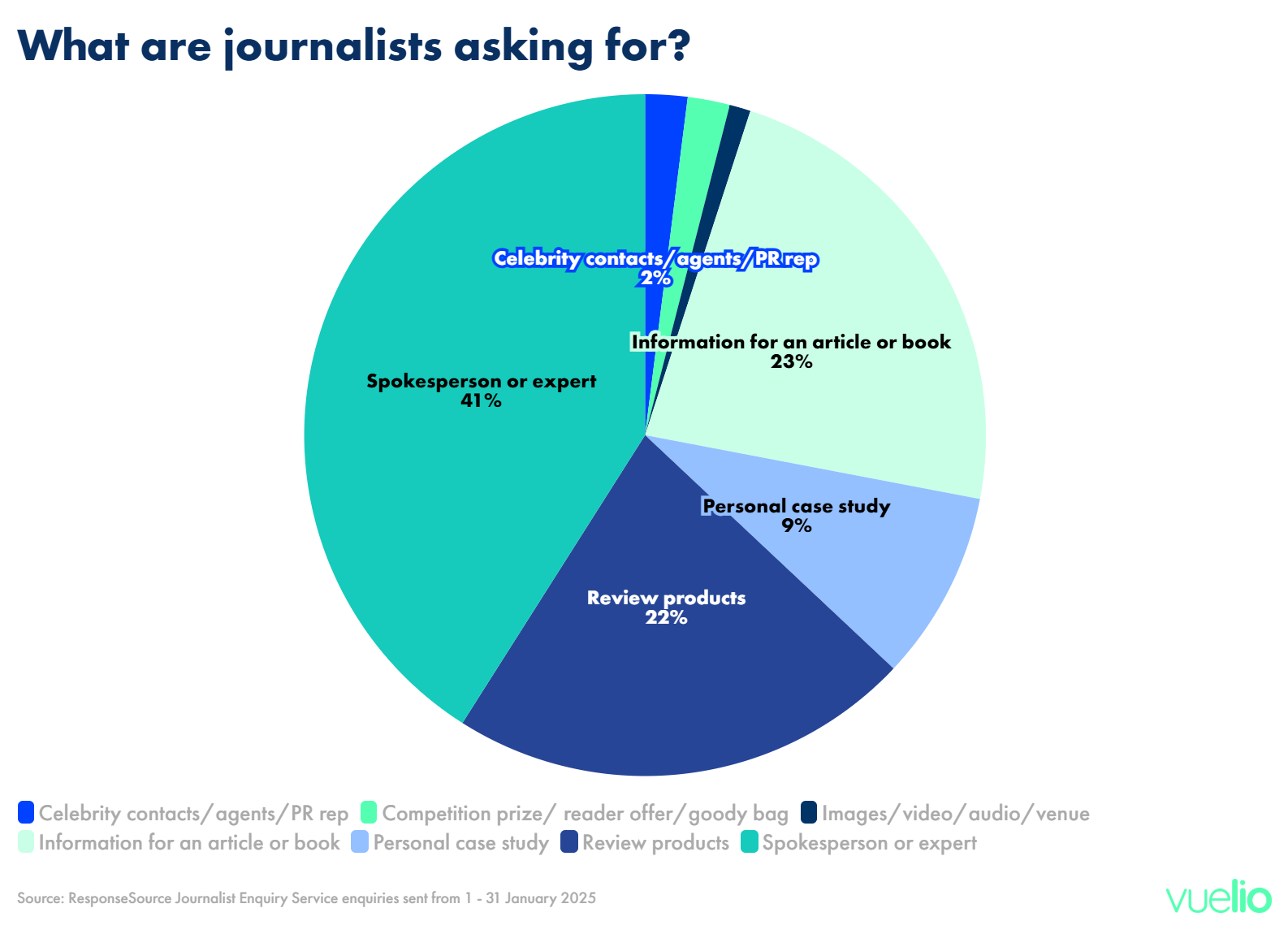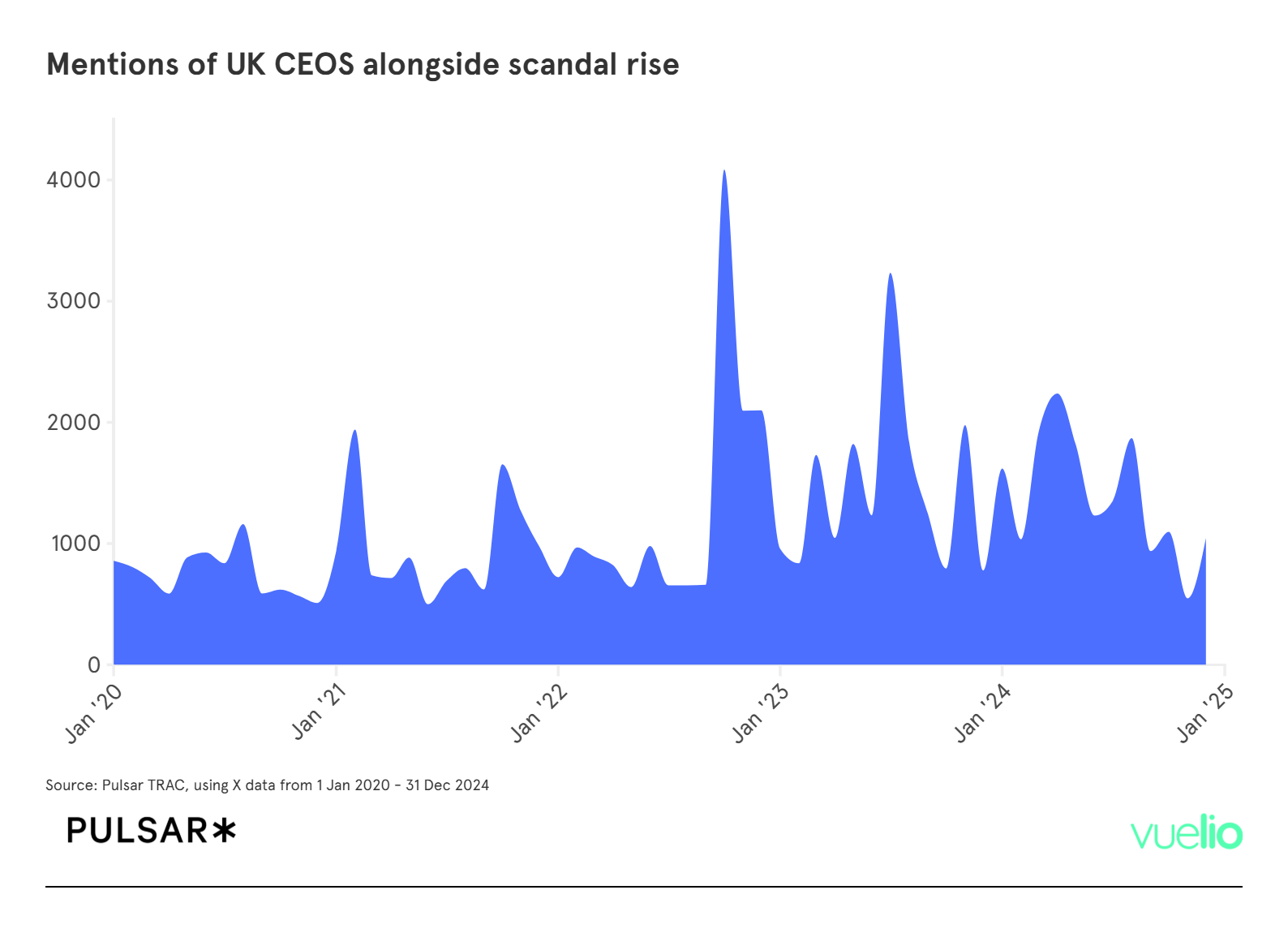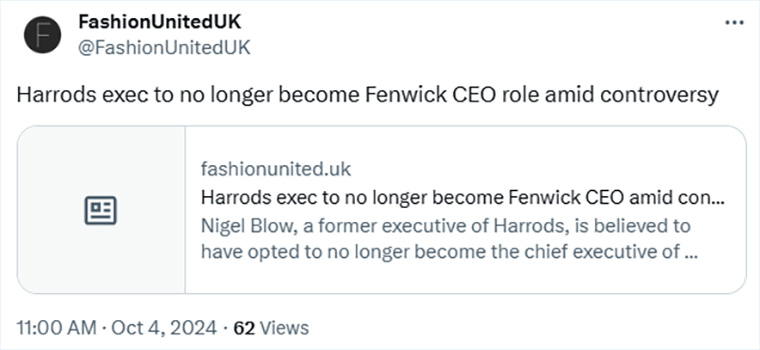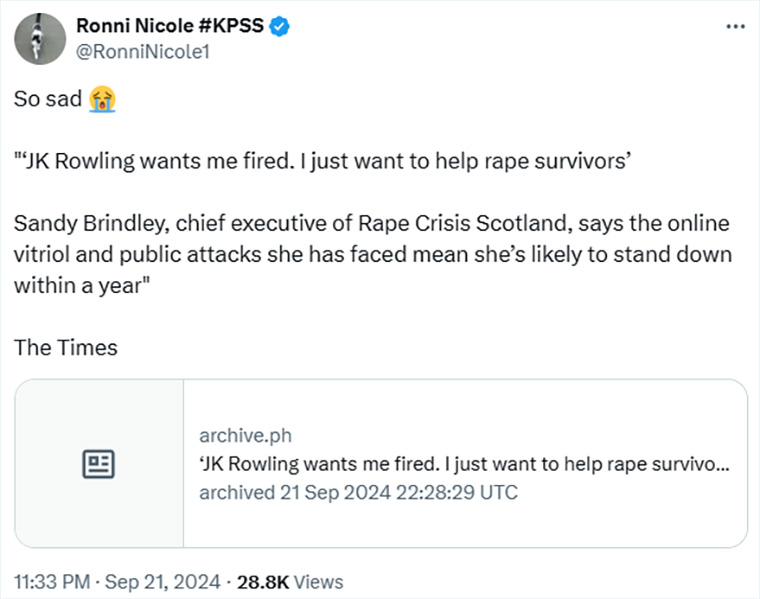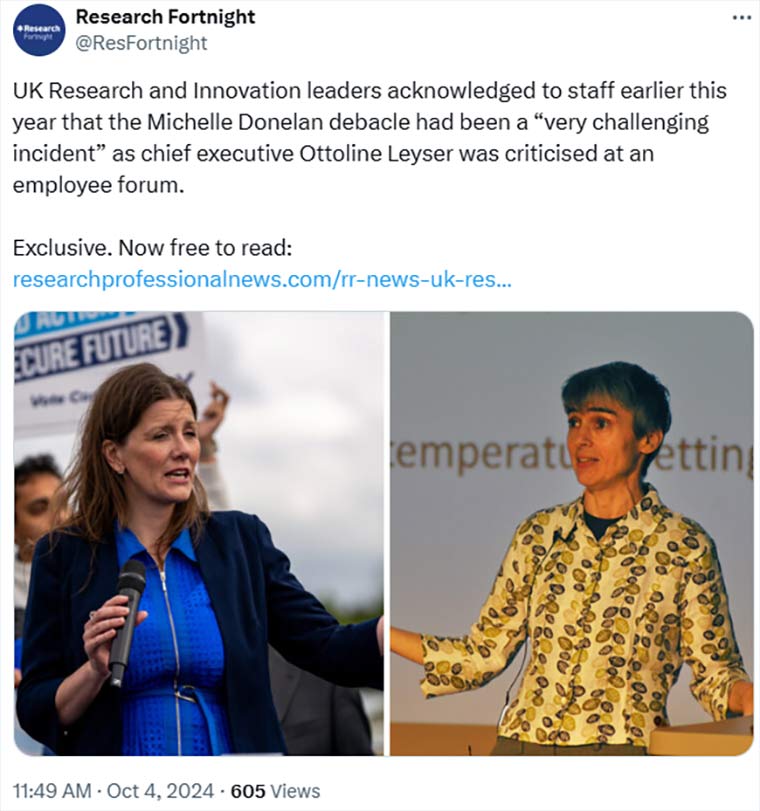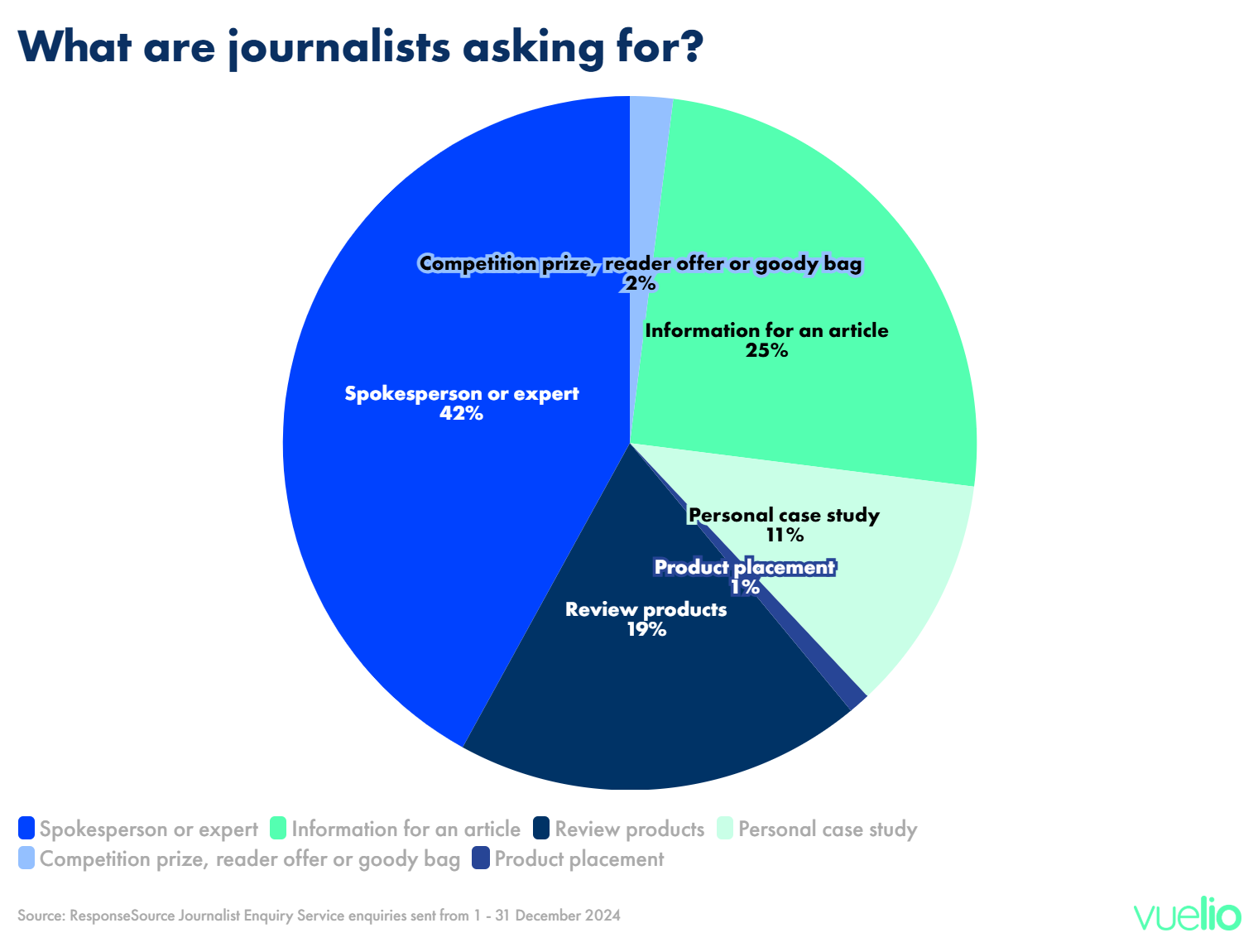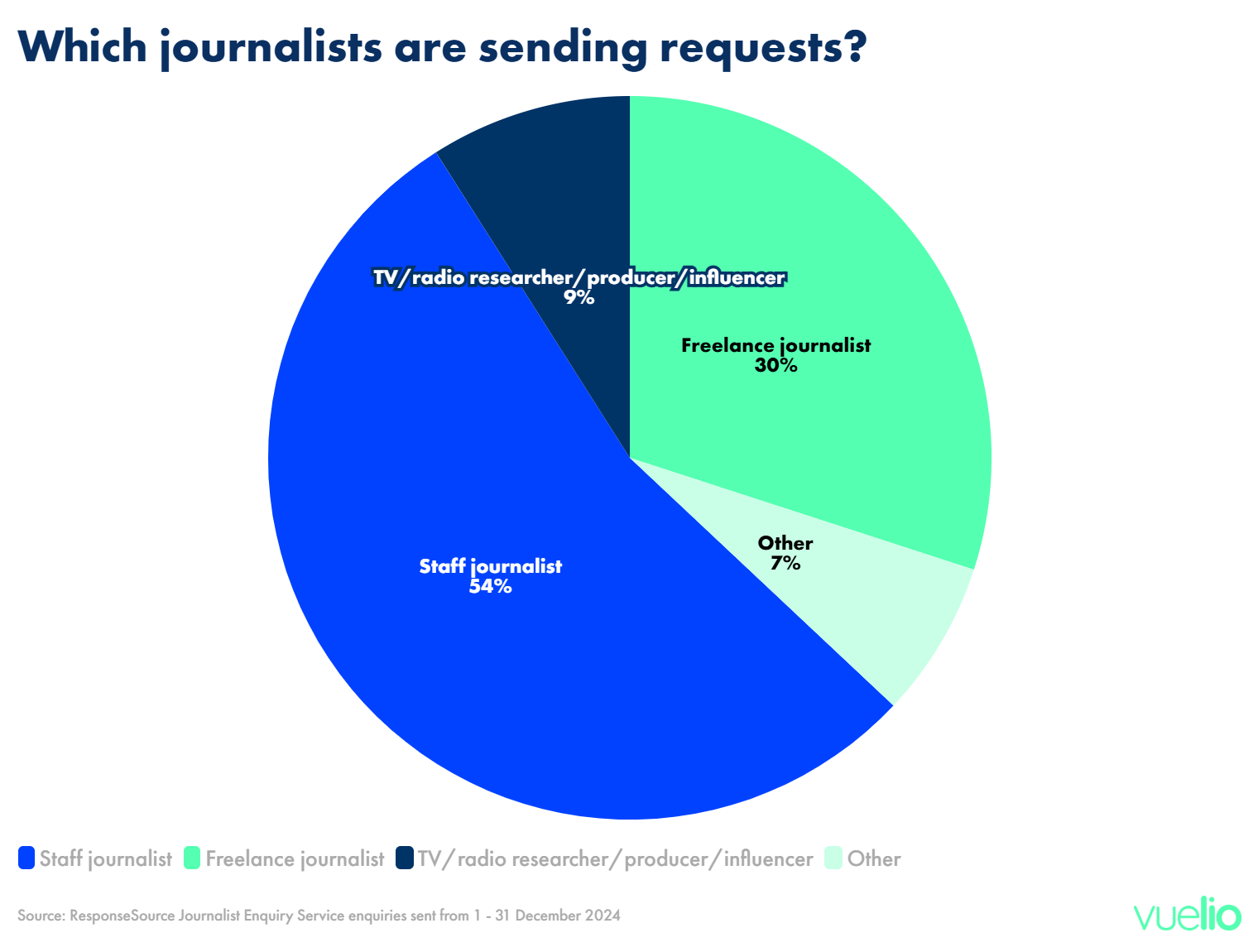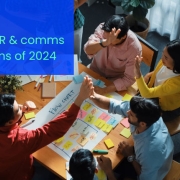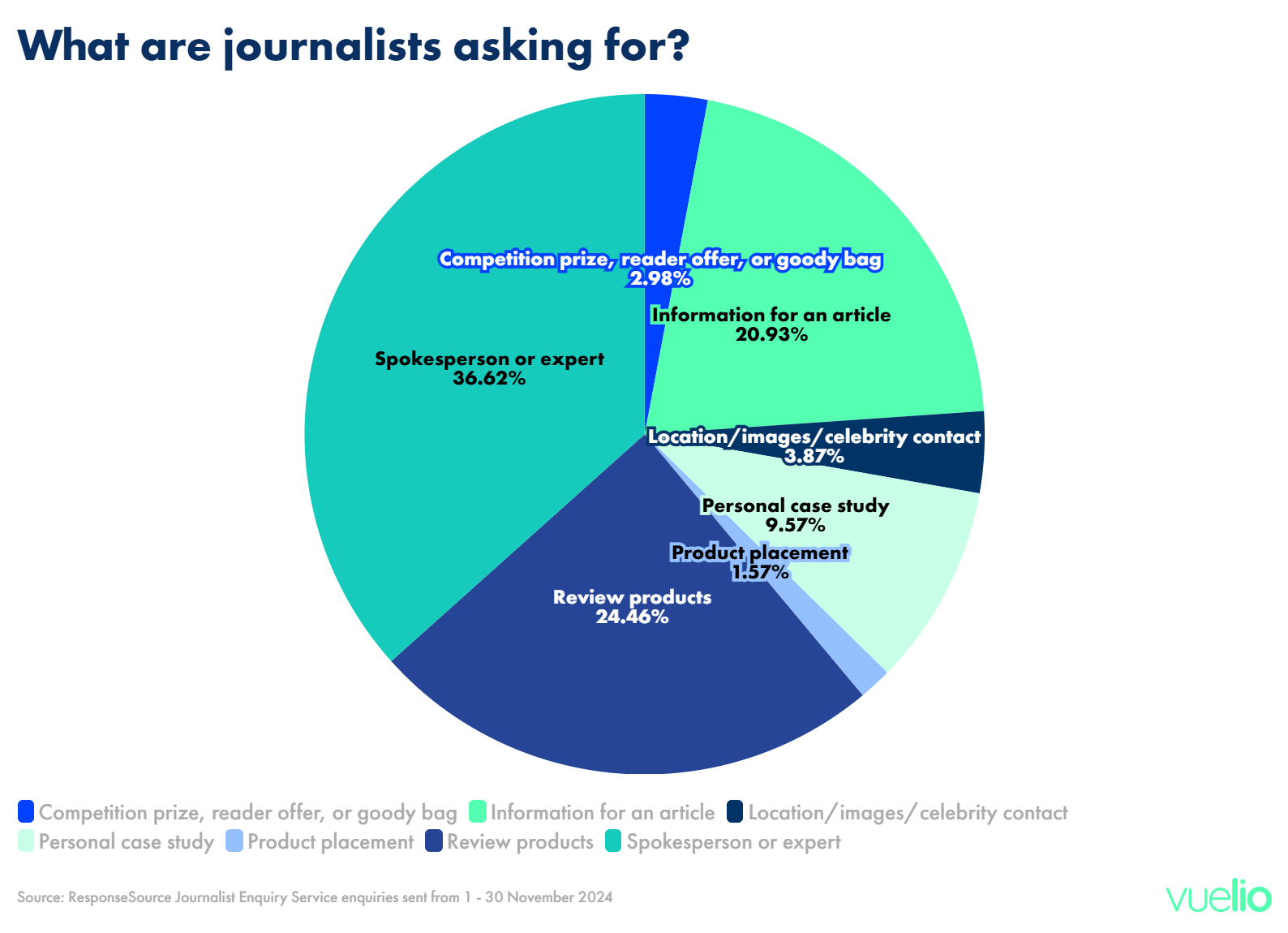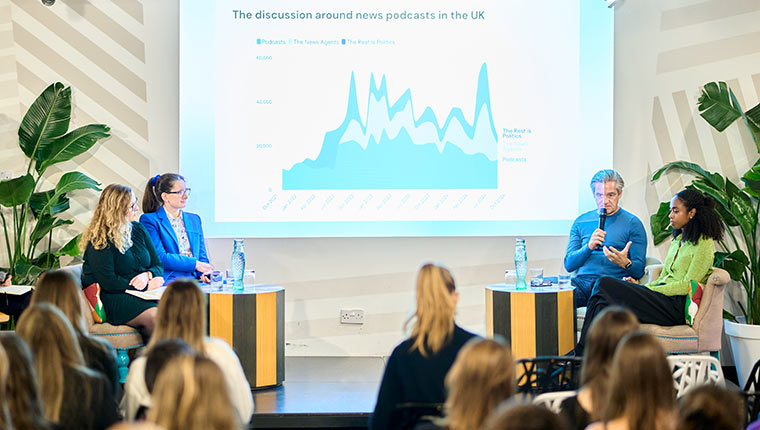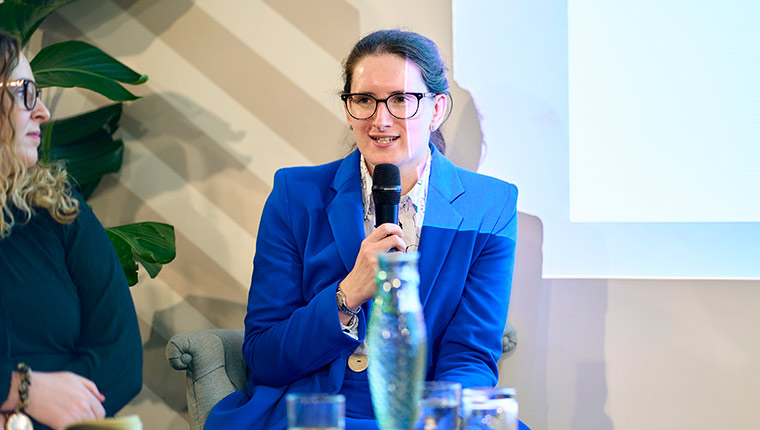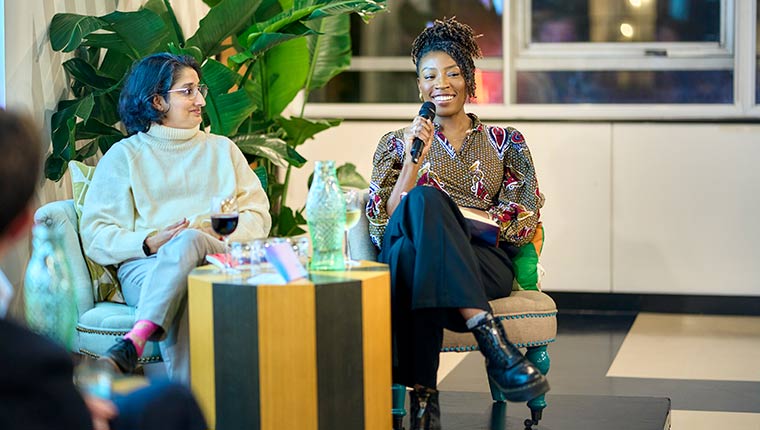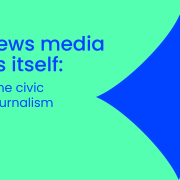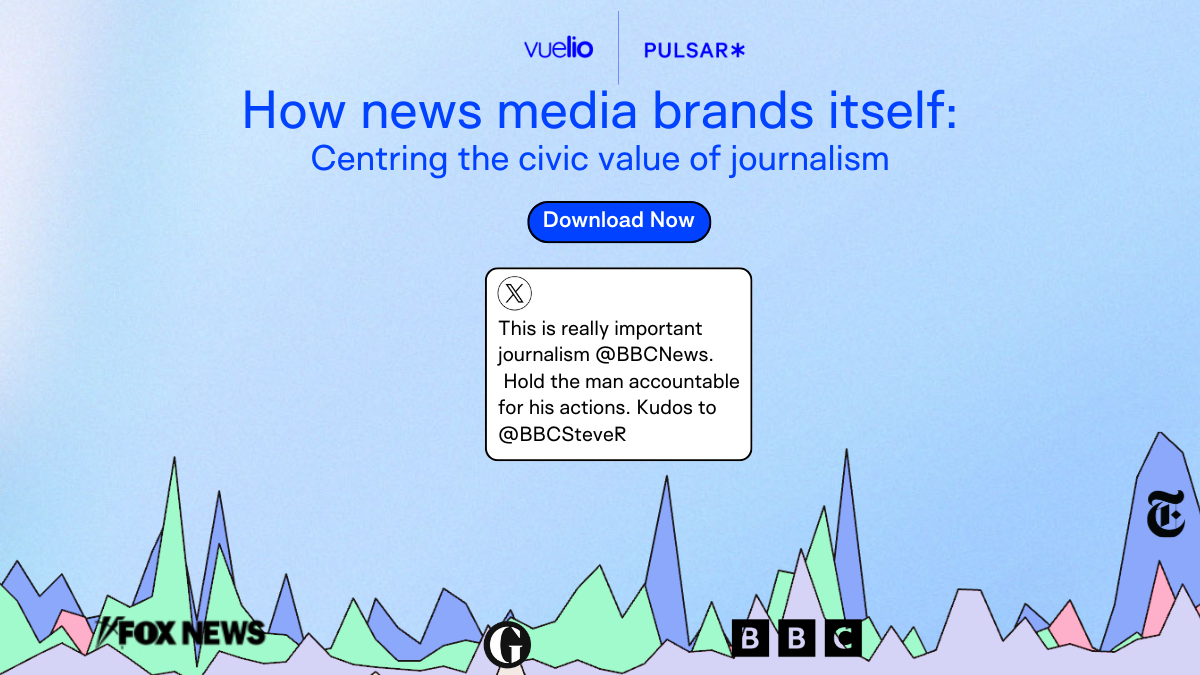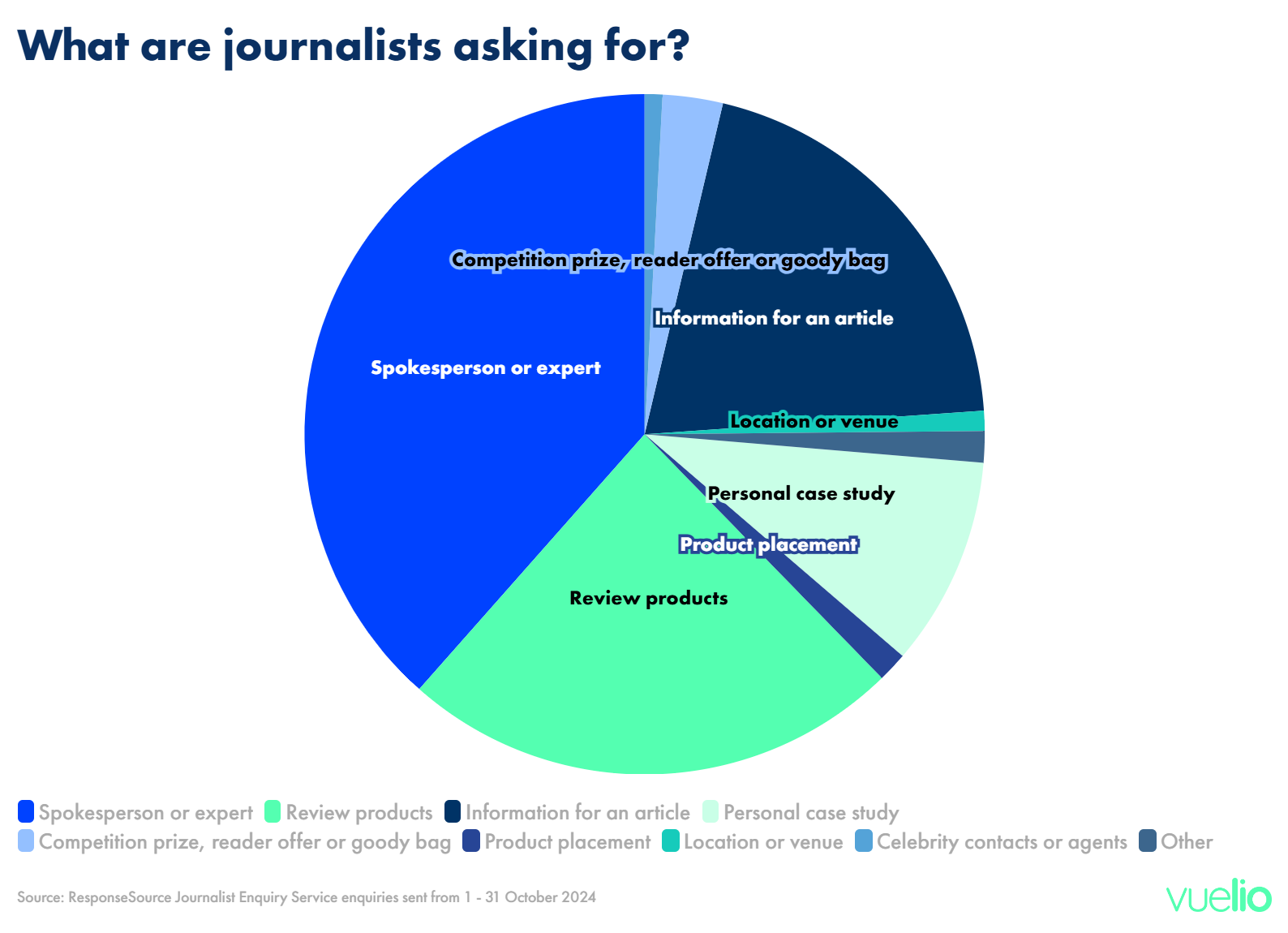How to build a stakeholder strategy, according to the experts
In today’s always-on environment, there are seemingly infinite external influences surrounding the people that we need to connect with. And whether your organisation seeks to make a mark on the political agenda, or manage your reputation in the media, connections with stakeholders matter.
If stakeholders are key to successful outcomes, how do we build, protect, and grow lasting and reliable relationships with them?
Vuelio’s latest webinar ‘How to build a stakeholder playbook’ sought to answer this question with insight from an expert panel line-up. Joining host Kelly Scott, VP – Government & Stakeholder at Vuelio, was JFG Communications’ founder and CEO Jo Field; Cadent Gas media manager and crisis comms leader Stephanie Van Rosse; British Transport Police external affairs lead Katie Stanton; and Local Government Information Unit (LGiU) head of engagement Jen Pufky.
The first point tackled concerned roadblocks to clear when starting on a strategy:
The challenges of developing a solid stakeholder strategy
JFG Communications specialises in stakeholder engagement for the transport and infrastructure sectors, but also spans public, private, and third sector organisations, from large companies to small industry bodies staffed by volunteers.
‘There are some challenges that I see consistently across the board,’ shared Jo.
‘The first one is how to identify, and then engage your stakeholders in this rapidly changing external environment that we find ourselves in now. For example: the current shifting political and geopolitical context, changing attitudes to net zero and equality, diversity and inclusion.
‘You have a myriad of social media channels, influencers, and AI, so the challenge is how do you keep up with who your stakeholders are? What do they think about your organisation and the environment it operates in? And also how do you actually engage them? Why should they listen to you, amid all the other information they are receiving?
Another challenge is making the case to our own organisations for the value of the work that we do. And the financial challenge of ensuring that you have enough budget to dedicate to engagement. I would argue that investment in your stakeholder strategy is essential.’
Fighting to be heard by the people that matter
The Local Government Information Unit (LGiU) is a not-for-profit with a huge and varied membership, bringing together stakeholders in politics, academia, and industry. How does the organisation secure media coverage among so many campaigning – and competing – voices?
For Jen, three elements stand out:
‘It’s our values that drive our engagement work. We’re a values-driven organisation, and we have been for the last 40 years, We’re driven by our commitment to enhancing and supporting local democracy.
‘That reputation, that history, means that when we are out and engaging with stakeholders – whether that’s press relationships, political relationships – it’s not just going to be a quick hit; securing that exclusive and then not keeping in touch.
‘For us, it’s very much about the longevity, and the trust in building those relationships’
‘Everything that we do is also grounded in research, and driven by our members’ experiences and insights. That carries a significant amount of weight with the range of stakeholders that we’re engaging with.
‘For the past 12 years, we’ve produced an annual benchmark of the state of local government finance; it’s now built into the calendar year, and stakeholders know to expect it.
‘Lastly, it’s about genuinely being useful and relevant to the stakeholders that you’re communicating with. For example, this cohort of new MPs – they want to know what the research means for their constituency.
‘For regional press, we split our annual research by region and then targeted the press that way. It’s about making your outreach relevant to ensure that your engagement is distinct.
‘Sometimes it’s about bringing your competitors into the room and being a facilitator, the convener. In this changing landscape, that’s increasingly important.’
Engaging all of your stakeholders, even the ‘quieter’ ones
British Transport Police (BTP) also has a swathe of stakeholders to consider and engage, with a national remit to police the railway across England, Scotland, and Wales. Stakeholders include the Scottish, Welsh, and UK governments, local authorities, train operators, and infrastructure owners, like Network Rail, HS1 Transport for London (TfL), and freight companies.
‘We have a unique relationship with the rail industry. We have a national remit, we aren’t funded by the taxpayer, we don’t have a police and crime commissioner. We have to strike a balance – they have their priorities as an industry, and we also have our responsibilities as a police force towards public protection, and independence.
‘It’s very much our role to manage expectations and communicate that balance.
‘When it comes to managing so many of them, we do the traditional methods of stakeholder mapping, influence, and interest. Also, making sure there’s a drumbeat of communications engagement – we’re always plugged in with them.
‘They’re all individual organisations with their own strategies and objectives, so when they’re talking to us about our performance, it’s good to have those in mind and to acknowledge what’s in it for them.
‘We also leverage our internal colleagues – having such a broad organisation means internal stakeholder management is just as important when you are looking to engage with external stakeholders.
‘Nine times out of 10, if another organisation wants to talk to BTP, they want to speak to someone in uniform – they’re the ‘operational experts’. Our role is to make sure that our internal colleagues are equipped to have those conversations.
‘We are not just stakeholder communications, we’re stakeholder managers. So we’re really managing how we talk to them, getting to know them, and making sure that they are receiving two-way engagement from us, rather than just a communication.’
Reviewing the impact of your engagement
Cadent Gas is the largest gas distribution company in the UK, responsible for around 11 million homes and businesses. It supplies gas across the UK, from the North West down to London, the East of England to the Welsh borders. This broad spectrum of stakeholders, from the political to the media side, all have different interests.
‘At certain times, we need to target certain stakeholders,’ shared Stephanie Van Rosse.
‘What are they interested in? What do we need to be telling them? Why will they be interested?
‘It’s about continuously reviewing your strategy, what you’re doing. I know there are some people who don’t have any strategy at all, but you need to have an idea of why you’re talking to various stakeholders, what they’re interested in. What are those messages that you need to get across to them, to actually pick up and understand what you’re doing?’
Stephanie shared specific examples of Cadent Gas’s media engagement and where deep knowledge of stakeholders was vital:
‘We use local media to get the word out on local incidents. We have a really good relationship with them, but suddenly there was a bad story about an incident in North London. We were on it straight away – that’s the importance of monitoring, keeping an eye out for who is saying what. And then you have to make that judgment call of how much reputational damage will this piece do?
‘For this one, we found it was significant enough for us to say “you’ve got it wrong. This is not what actually happened”. We need to be robust in our answers in the utility industry, otherwise reputation could be damaged. It’s going in there and talking to the journalist, and if necessary, escalating to an editor and asking for a retraction.
‘It’s about not being afraid to do that, and building those relationships with stakeholders.’
For advice on stakeholder engagement, download Vuelio guide ‘The fundamentals of stakeholder strategy’.
Jo Field would love to connect on LinkedIn, and welcomes more detailed conversation via email at jo@jfgcomms.co.uk. More information can also be found on the JFG Communications website.



